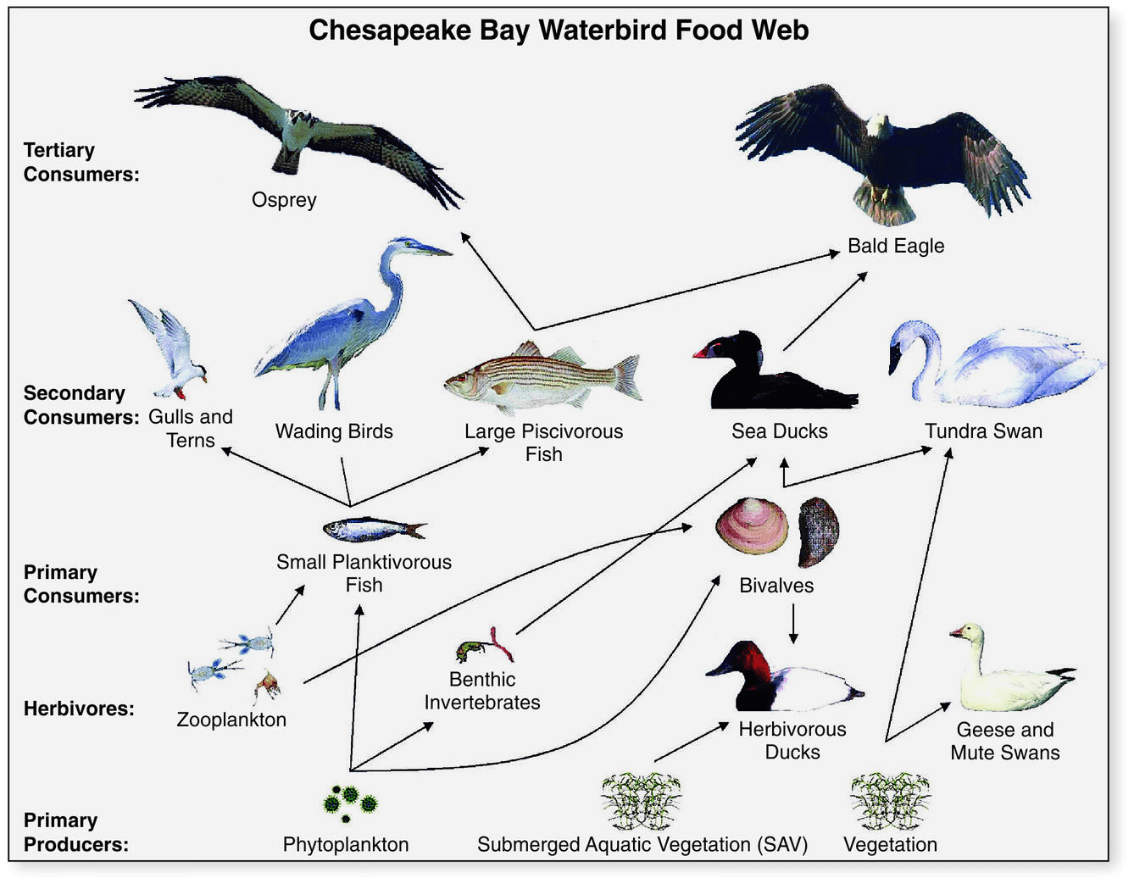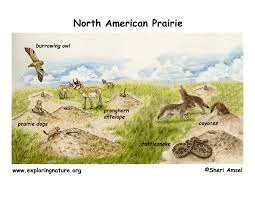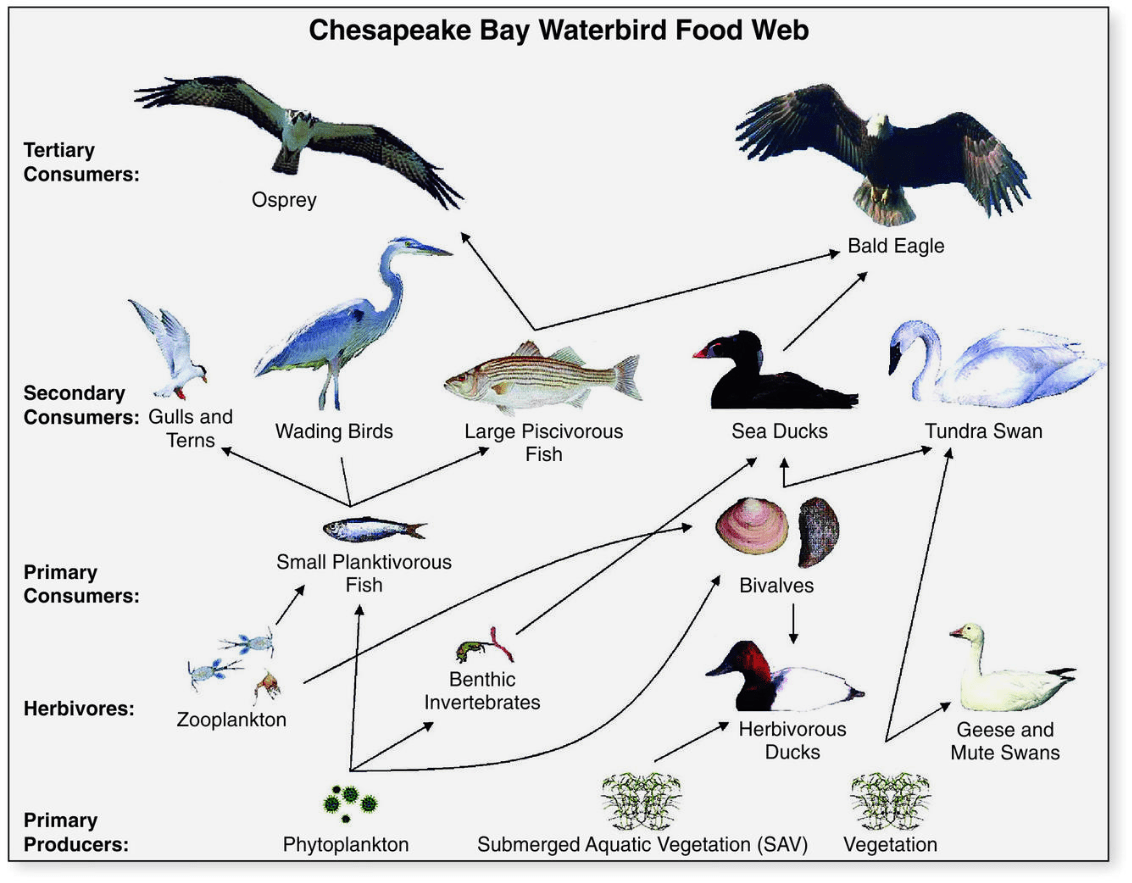Although wolves primarily eat meat, they originally get their molecules from plants.
A.True
B.False
A.True
Dylan was thrilled about his new daisy and wanted to take extra care of it. He gently placed the potted daisy in a clear plastic container, closed the lid tightly, and set it on his sunny porch. Then, he completely forgot about it for three months.
Question:
Which of the following claims best describes what happened to Dylan’s daisy, and why?
A. Dylan’s daisy survived because the water in the soil was enough for its growth.
B. Dylan’s daisy thrived because the container let in sunlight and kept the soil moist.
C. Dylan’s daisy died because sealing it prevented fresh air from circulating, leading to harmful humidity levels.
D. Dylan’s daisy flourished because the container created a perfect greenhouse effect.
C. Dylan’s daisy died because sealing it prevented fresh air from circulating, leading to harmful humidity levels.
the ability to make things move or change
1. organisms
2. investigate
3. restoration
4. evidence
5. energy
5. energy
Even though bacteria are not shown on this diagram of a forest food web, they still play an important role in the ecosystem.
Question:
Which of the following statements about bacteria in the forest is NOT true?
A. Bacteria serve as a direct source of food for animals like squirrels, rabbits, and birds.
B. Bacteria help break down dead leaves and wood, releasing nutrients for trees.
C. Bacteria decompose dead animals, recycling matter in the forest.
D. Bacteria act as decomposers that recycle organic material back into the soil.
A. Bacteria serve as a direct source of food for animals like squirrels, rabbits, and birds.
Which of the following items does not actively consume energy for growth and movement?
A. Trout
B. Sunlight
C. Aquatic Insects
D. Alder Tree Leaves
B. Sunlight
If someone removed the wolves from a field where thousands of rabbits live, what would likely happen to the rabbit population?
A. Increase
B. Decrease
C. Stay the same
D. None of the above
A. Increase
Alex's Setup Jamie's Setup
+---------------+ +---------------+
| | | |
| Plastic Bag | | Plastic Bag |
| | | |
| +-------+ | | +-------+ |
| |Paper | | | |Paper | |
| |Towel | | | |Towel | |
| |(Seeds)| | | |(Seeds)| |
| +-------+ | | +-------+ |
| (Water Added) | | (Water Added) |
| | | |
+---------------+ +---------------+
\ /
\ /
\ /
\ /
\ /
\ /
+-------------------+
| Window |
| (Sunlight all day)|
+-------------------+
Both Alex and Jamie used identical setups for their seed germination experiment. Each student spread an equal number of seeds on a paper towel, added the same measured amount of water, ensured that air was present in the plastic bag, and sealed it tightly. They then taped their plastic bags onto a window that receives sunlight throughout the day, providing the necessary light for the seeds to germinate.
What resources did the plants need to make food molecules to be able to survive?
Select ALL that apply:
A.dirt/soil
B.sunlight
C.water
D.fertilizer
E.oxygen
F.carbon dioxide
B, C, F
facts or information to prove something is true.
1. organisms
2. investigate
3. restoration
4. evidence
5. energy
4. evidence
Even though bacteria are not drawn in this food web, they are still an important part of the ecosystem. Which of these statements about bacteria is NOT true?
A. Bacteria release nutrients into the water that phytoplankton can use.
B. Bacteria help break down dead plants and animals in the bay.
C. Bacteria work as decomposers to recycle matter in the ecosystem.
D. Bacteria provide extra food for phytoplankton, protists, and zooplankton.
D. Bacteria provide extra food for phytoplankton, protists, and zooplankton.
Jamie had two identical potted plants that were the same species and size. She decided to care for them a bit differently by placing one on her sunny porch and the other in a shady corner of her backyard. Both plants received the same amount of water and care each day. After several weeks, Jamie noticed that the plant on the sunny porch had grown taller, developed stronger stems, and boasted a rich green color in its leaves. In contrast, the plant kept in the shade stayed smaller and its leaves looked pale. This experiment showed that sunlight plays a key role in helping plants grow strong and healthy.
Which of the following claims best describes what happened with the potted plants?
A. The plant that received more sunlight grew better because sunlight helps plants make food through photosynthesis.
B. Both plants grew equally because they received the same amount of water.
C. The plant in the shade grew better because it was protected from too much sun.
D. The plants did not change because sunlight has no effect on plant growth.
A. The plant that received more sunlight grew better because sunlight helps plants make food through photosynthesis.
If someone released a swarm of bees near a field where thousands of wildflowers grow, what would likely happen to the wildflower population?
A. Increase
B. Decrease
C. Stay the same
D. None of the above
A. Increase
Table 1: Average Stem Length Over Time (cm)
Day Average Stem Length (cm)
0 10.0
7 12.5
14 15.0
21 17.0
28 19.5
Table 2: Potted Plant Weight Change Over Time (g)
Day Weight (g)
0 50
7 55
14 60
21 68
28 75
Question:
In the tables, where did the matter for the change in height and weight come from?
A. from the soil
B. from nutrients
C. from water and air
D. from sunlight
C. from water and air
to put back or to fix
1. organisms
2. investigate
3. restoration
4. evidence
5. energy
3. restoration
Earthworms are vital for soil health because they recycle nutrients by breaking down decaying plant material. Instead of using sunlight to produce energy like plants, earthworms ingest soil that contains fallen leaves, dead roots, and other organic debris. Within their digestive system, enzymes and beneficial bacteria help decompose this material, releasing essential nutrients such as nitrogen and phosphorus that support their growth and, in turn, enrich the soil with their castings.
Question:
How do earthworms primarily obtain the nutrients they need for growth?
A. Through photosynthesis
B. By consuming soil rich in decomposing organic matter
C. By absorbing nutrients directly from the air
D. By hunting small insects
B. By consuming soil rich in decomposing organic matter
 Which organism in this food web gets energy from sunlight to produce its own food?
Which organism in this food web gets energy from sunlight to produce its own food?
A.the sea ducks
B.the bald eagle
C.the phytoplankton
D.the osprey
C.the phytoplankton
If someone released a wolf near a field where thousands of rabbits live, what would likely happen to the rabbit population?
A. Increase
B. Decrease
C. Stay the same
D. None of the above
B. Decrease
Jason was so excited about his new rose that he wanted to protect it in a special way. He carefully placed the potted rose in a clear plastic container, secured the lid tightly, and set it on his sunny patio. Then, he completely forgot about it for three months.
Question:
Which of the following claims best describes what happened to Jason’s rose, and why?
A. Jason’s rose thrived because the container let in sunlight and kept the soil moist.
B. Jason’s rose died because sealing it prevented fresh air from circulating, leading to harmful humidity levels.
C. Jason’s rose flourished because the container created a perfect greenhouse effect.
D. Jason’s rose survived because the water in the soil was enough for its growth.
B. Jason’s rose died because sealing it prevented fresh air from circulating, leading to harmful humidity levels.
An individual animal, plant, or living thing.
1. organisms
2. investigate
3. restoration
4. evidence
5. energy
1. organisms
The image below illustrates a prairie ecosystem that is home to a diverse array of organisms including grasses, coyotes, trees, mushrooms, snakes, and mice. All of these organisms rely on a single primary source for their energy.
How do mushrooms in this prairie get the food molecules they need to survive?
A.from the nutrients in the soil
B.from sunlight, water, and carbon dioxide in a process called photosynthesis
C.from the matter of dead organisms
D.None of the above

C.from the matter of dead organisms
 Where do the food molecules that the Bald Eagle eats originally come from?
Where do the food molecules that the Bald Eagle eats originally come from?
A.from the sea ducks
B.from the phytoplankton
C.from the zooplankton
D.from the Large Piscivorous Fish
B.from the phytoplankton
A. increase
B. Decrease
C. stay the same
D. None of the above
The salmon population would decrease.
Worms, especially earthworms, get their nutrients by eating soil that is rich in decomposing organic matter. As they burrow through the ground, they consume tiny bits of decaying leaves, dead roots, and other organic materials. Inside their long, tube-like bodies, worms use their digestive systems, along with helpful bacteria, to break down this material and absorb essential nutrients such as nitrogen and carbon. The leftovers, known as castings, are excreted and help make the soil even more fertile, supporting new plant growth.
How do worms primarily get their nutrients?
A. Through photosynthesis
B. By eating soil with decomposing organic matter
C. By directly absorbing nutrients from the air
D. By catching and eating small insects
B. By eating soil with decomposing organic matter
to figure out, to study
1. organisms
2. investigate
3. restoration
4. evidence
5. energy
2. investigate
While bacteria are not shown in this food web, they would exist in this ecosystem. Which of the following statements is NOT true about the role bacteria would play in this ecosystem?
A.Bacteria release nutrients into the bay that the phytoplankton can use.
B.Bacteria help break down the body matter of dead organisms in the bay.
C.Bacteria act as decomposers within the bay.
D.Bacteria are an extra source of food for the phytoplankton, protists, and zooplankton that live in the bay.
D.Bacteria are an extra source of food for the phytoplankton, protists, and zooplankton that live in the bay.
All of the organisms in the passage use food matter to get energy. From the choices below, select example(s) of what energy can be used for. Select all that apply.
A.build their bodies
B.repair their bodies
C.grow and move
D.sleep
Choices A, B, C, D